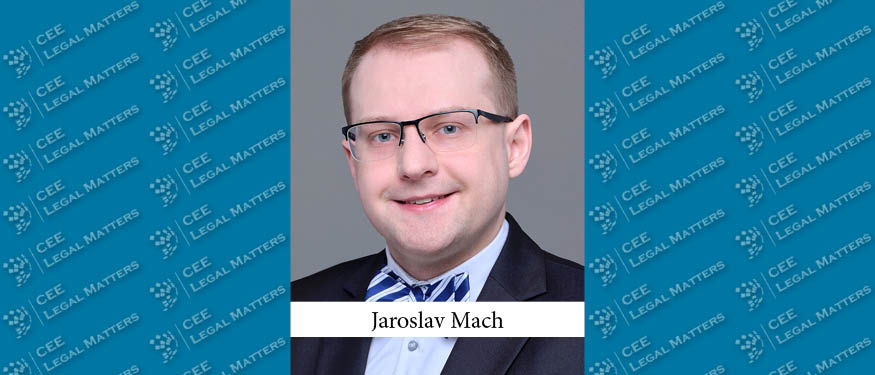On July 1, 2025, Act No. 168/2025 Coll. on the regulation of lobbying will come into effect, serving as the first comprehensive regulation introducing clear rules for influencing state decisions.
Before the new law comes into effect, lobbying - that is, direct influence on state power holders in legislative decision-making - took place without any regulatory framework. The new lobbying law represents systematic regulation for activities aimed at directly influencing the preparation, discussion or approval of legal acts, general measures, conceptual documents or negotiations on international treaties. It thus introduces a fundamental principle: lobbying is reliant on registration and subject to transparent reporting obligations.
Registration and Conditions of Lobbying
According to the law, a lobbyist is a person who lobbies (or influences) systematically and is registered in the lobbying registry administered by the Ministry of Justice. The basic characteristic of this registry is that it is a publicly accessible information system available on the Ministry of Justice website.
The conditions for registration are full legal capacity and integrity, which is detailed in the provisions of the law. The authorization to lobby itself arises on the day of registration in the registry.
Definition of Lobbied Persons: Whose Actions is the Lobbyist Authorized to Influence Through Their Activities?
The law exclusively defines lobbied persons in twenty categories, which include all top politicians - from the president through deputies and senators to government members. Also heads of state offices, members of regulatory bodies, and senior officials with decision-making powers.
Lobbying expressly does not apply to members of the Czech Republic's intelligence services.
What Falls Outside the Scope of Lobbying
The law does not apply to standard forms of civic participation such as petitions, comments on laws, public consultations, or communication through media. Exceptions also apply to the activities of civil servants, territorial self-governments, political parties, and areas of classified information or critical infrastructure.
What Could a Lobbyist Look Like in Real Life?
A lobbyist can be either a natural or legal person - from professional lobbying agencies through law firms to company employees tasked with communicating with the state (so-called "in-house lobbyists"). Lobbyists will also include chambers of commerce, professional associations, interest groups, or even non-profit organizations promoting the public interest. A company can hire an external lobbying agency, which then has the status of a lobbyist, while the company itself acts as a client. It is not important whether the lobbyist acts for compensation or free of charge - everyone who influences the lobbied systematically, that is, repeatedly and systematically, must register.
Obligations and Sanctions Arising from the Law
Lobbyists have several key obligations under the law. At every contact with a lobbied person, they must identify themselves as lobbyists and state on whose behalf they are acting, which they must also confirm in writing upon request. They must also submit semi-annual "lobbyist statements" to the registry, in which they record all their meetings including information about with whom, when and on what topics they met. For violations of these obligations, the law establishes graduated sanctions. The strictest penalty - a fine of up to one million crowns or up to three percent of the value of assets for legal entities - threatens lobbying without registration or for repeated or intentional violations of declaration obligations.
What Does This Mean for the Average Person?
For the first time, you will be able to find out online who lobbies, for which companies, with which lobbied persons they meet and what topics they discuss. The registry offers searches by names, offices, or specific laws. Data about lobbyists and lobbied persons are kept for eight years for long-term control.
All current lobbyists must register within 30 days from July 1, 2025, otherwise they face high fines.
Implementation of the Lobbying Law
The new legal regulation represents a fundamental step toward transparency in public administration and gives citizens and media concrete tools for monitoring influences affecting the creation of legal regulations. The Ministry of Justice has also prepared methodological guidelines for the practical application of the law.
By Jaroslav Mach, Associate, PRK Partners
